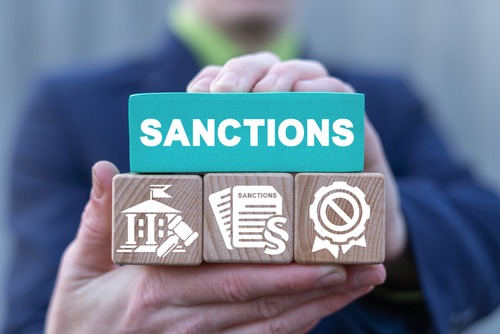
U.S. Rep. Michael McCaul (R-TX), ranking member of the House Foreign Affairs Committee, announced Monday that he had introduced legislation responding to sonic attacks on U.S. diplomatic personnel worldwide.
Called the Havana Syndrome Attacks Response Act, the legislation seeks to protect diplomatic personnel from further attacks, as well as hold those responsible for the “directed, pulsed radio frequency energy” attacks accountable.
“Around the world, American personnel are being attacked in their homes, in hotels, and even on public streets,” McCaul said. “What first started in Havana in late 2016 has now expanded to more than 130 possible cases from all around the world – including right here in Washington, DC. That’s why I’ve introduced the Havana Syndrome Attacks Response Act. We must find out who is behind these attacks and hold them responsible. And we must reassure the people who serve our nation overseas that we have their backs.”
Specifically, the legislation would punish those responsible for the attacks, provide assistance to personnel subjected to attacks, and prioritize research into protective countermeasures. Additionally, the legislation would impose sanctions against those the President determines carried out the attacks, including blocking property and denying visas to perpetrators. The legislation would also give the government the ability to impose sanctions against the governments of perpetrators, including prohibiting U.S. foreign assistance, restrictions on trade, prohibition on arms sales, prohibitions on foreign military financing, and denial of U.S. credit or financial assistance.
The legislation would also require Congress to be briefed on the attacks and to be given a report on the U.S. response to the attacks within six months.




